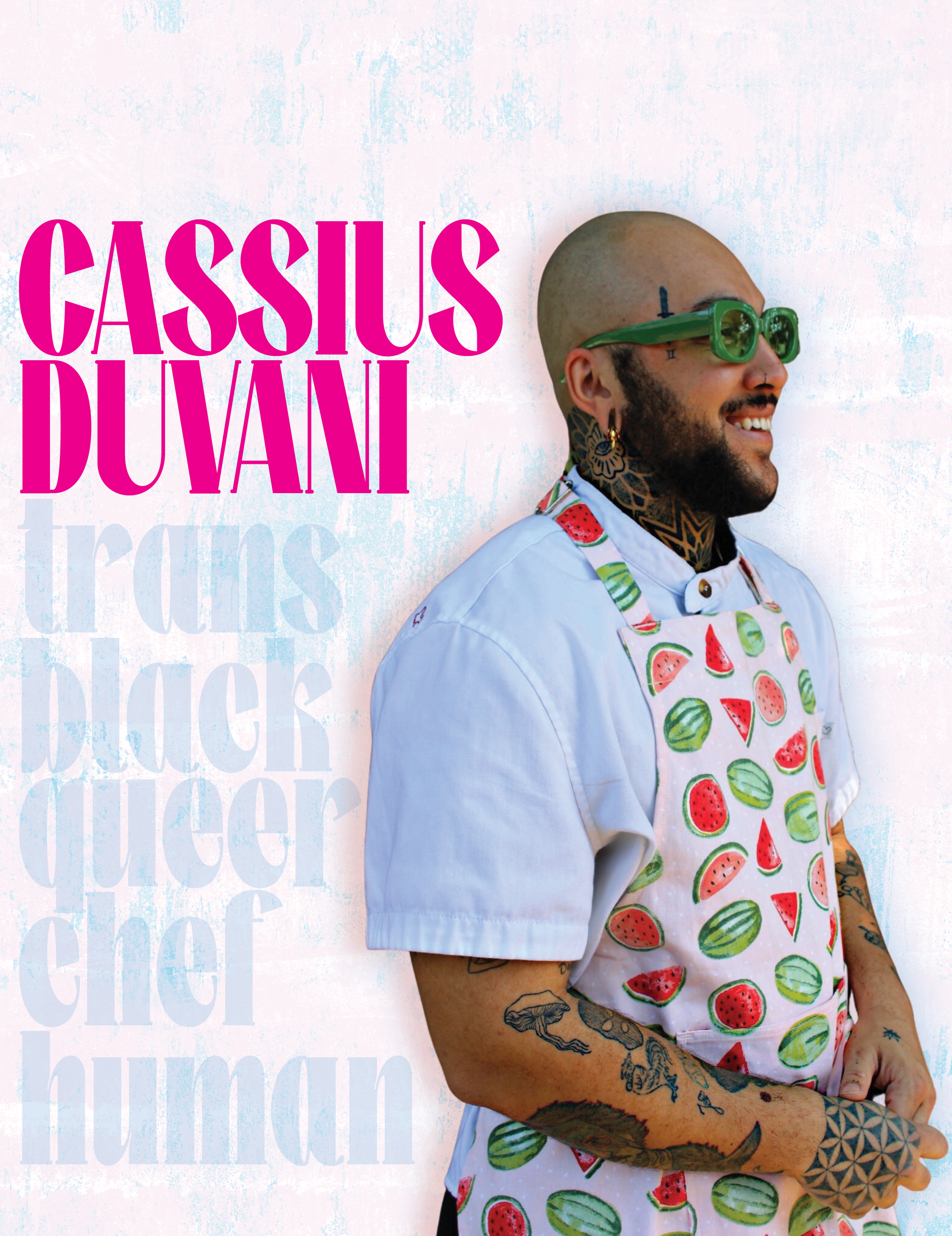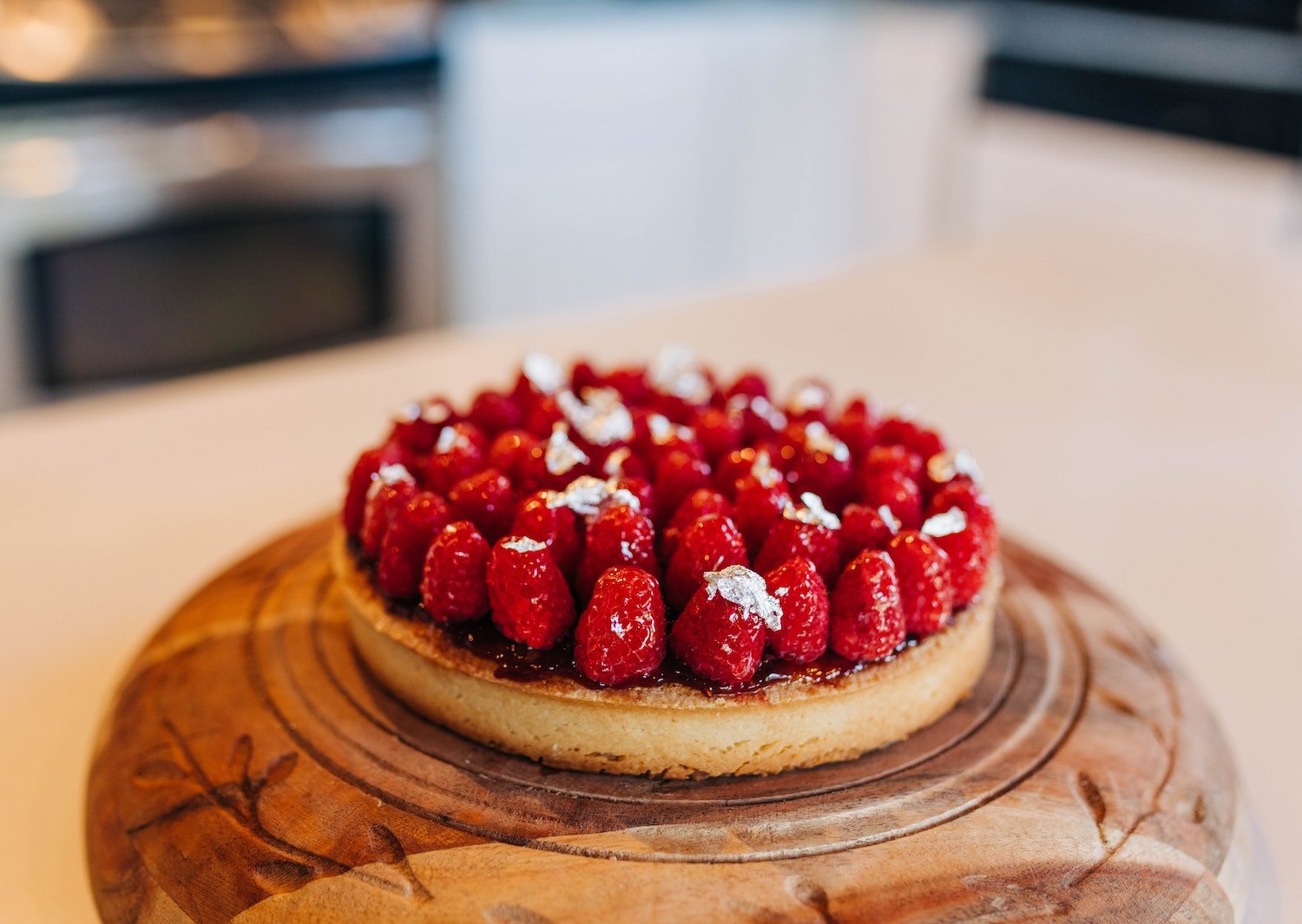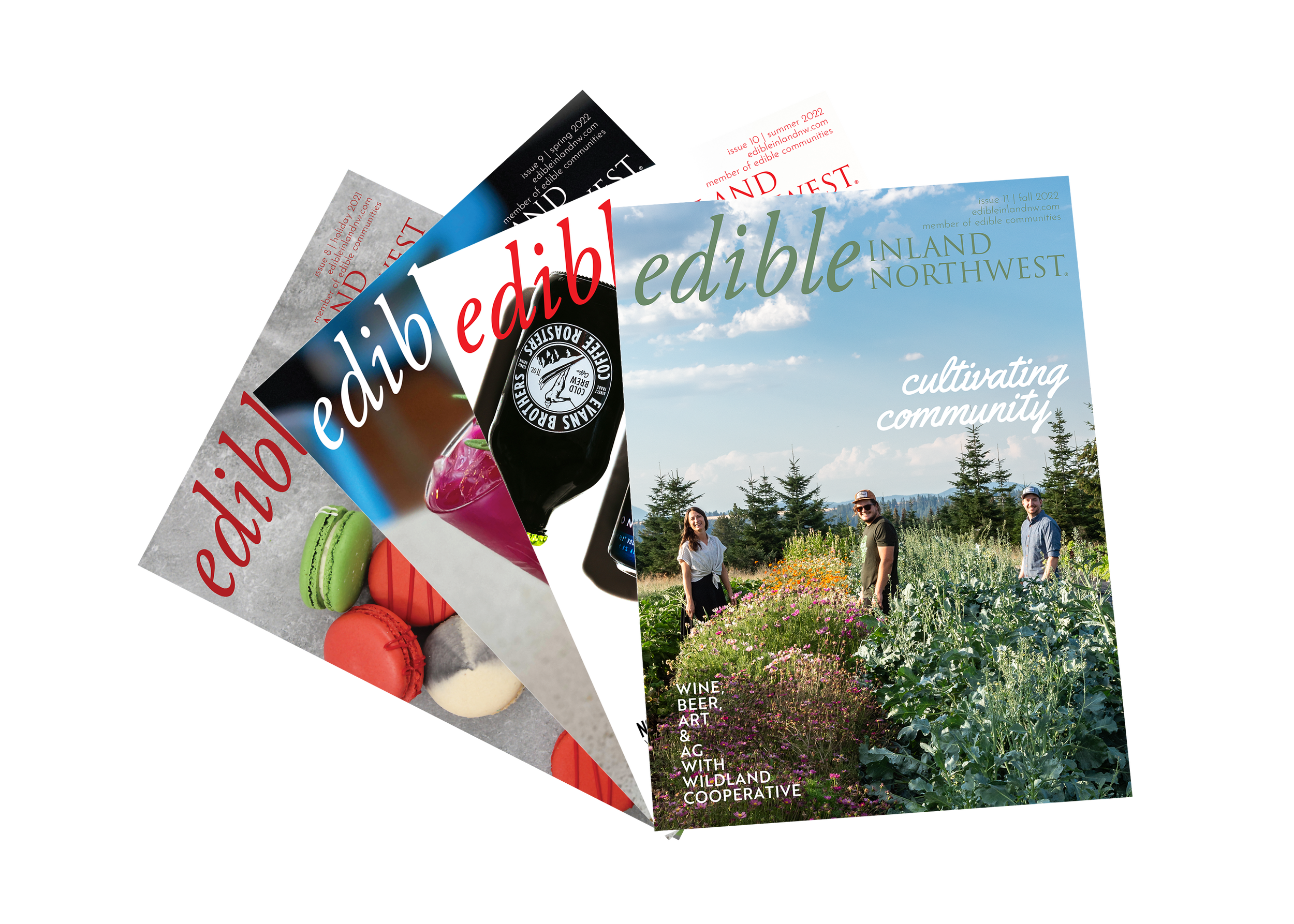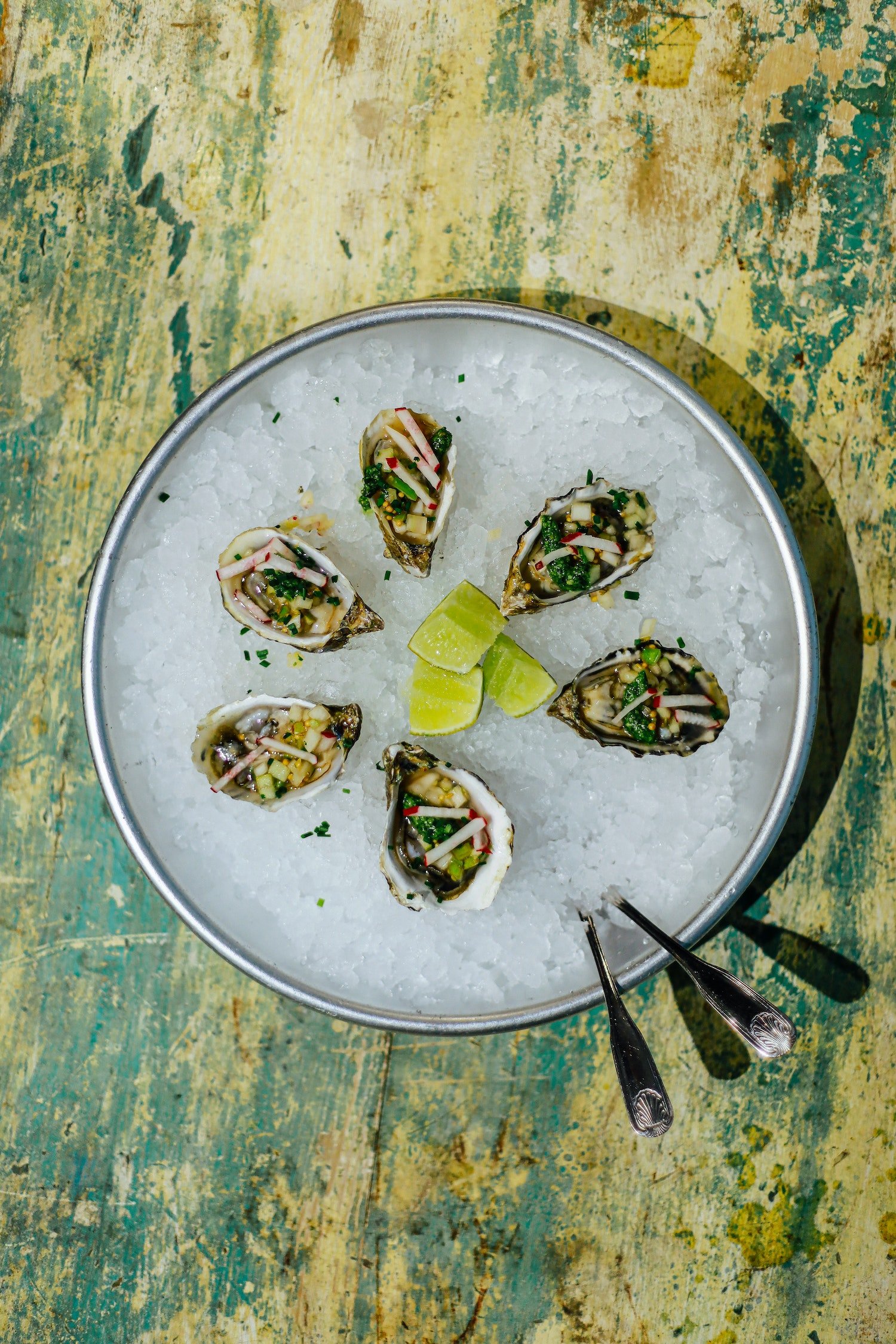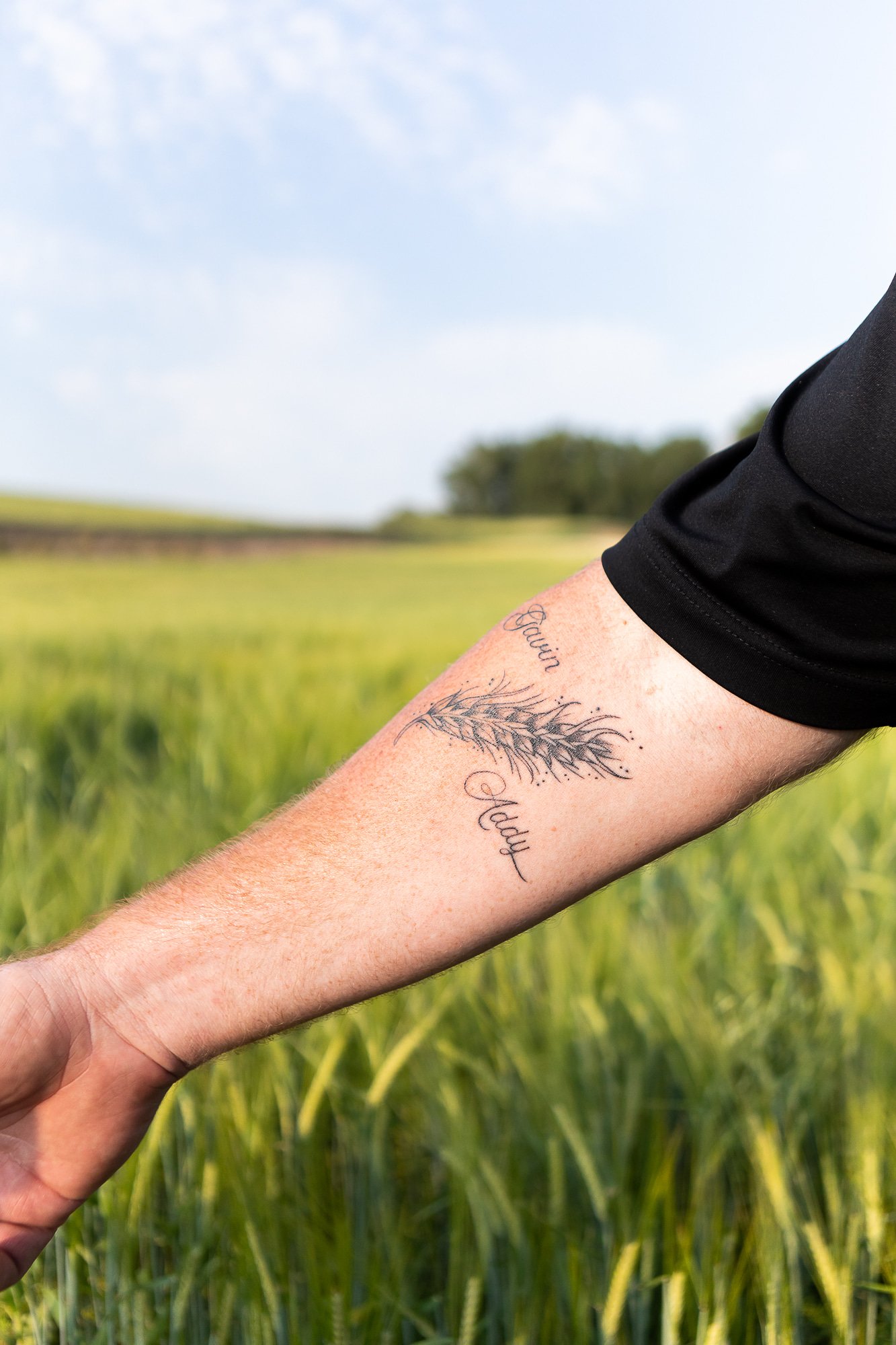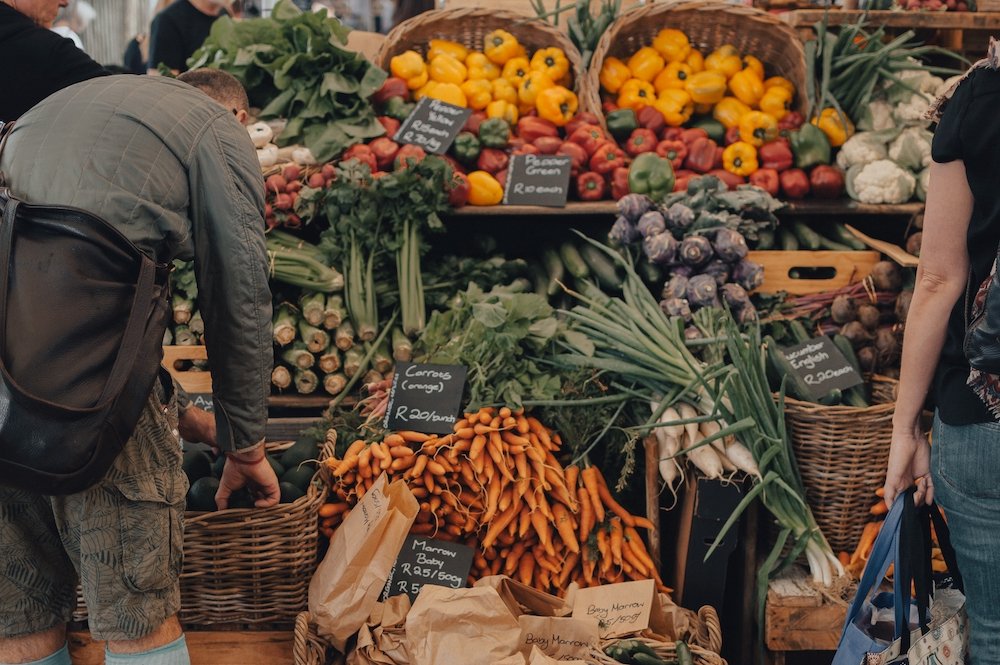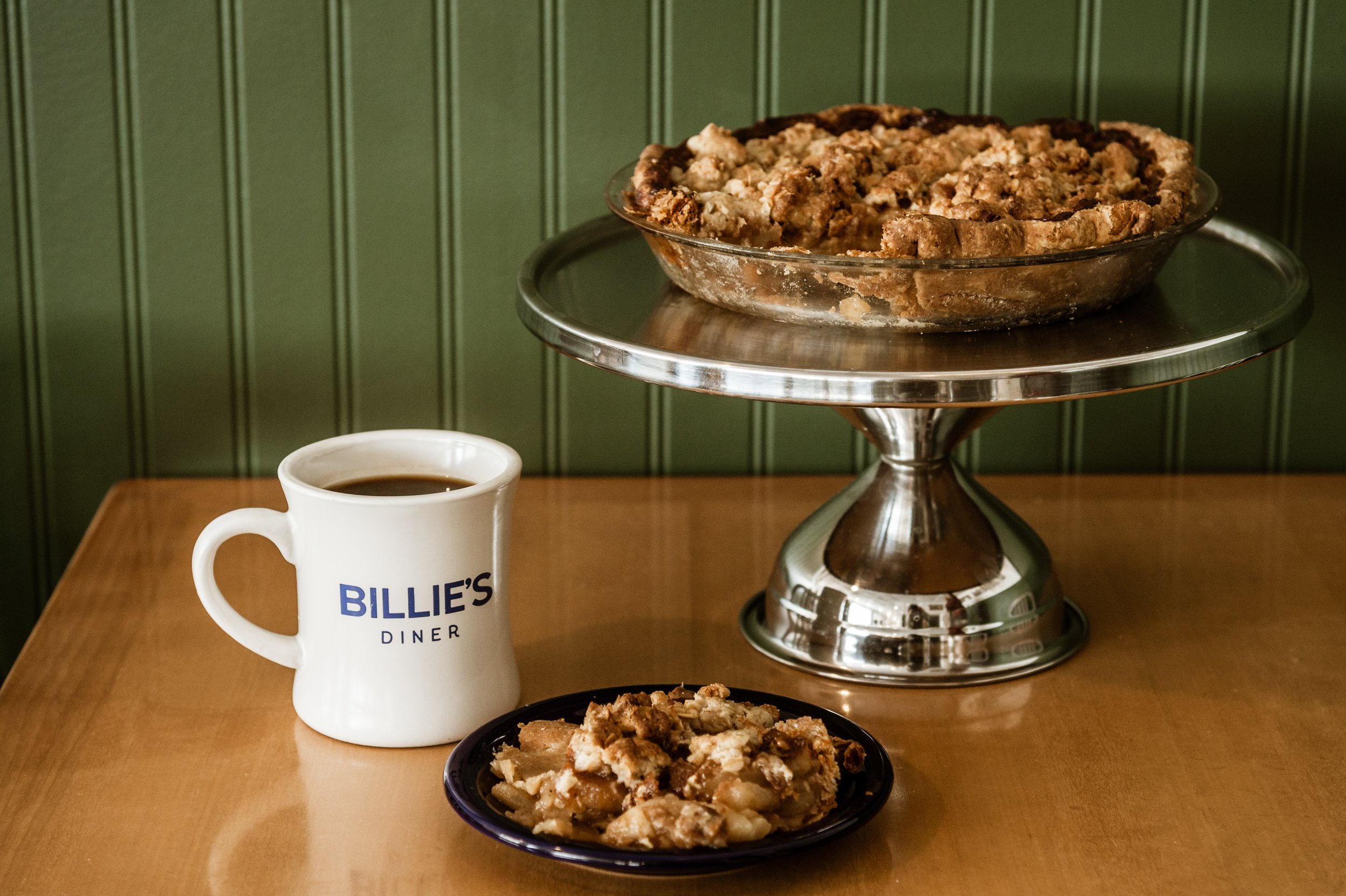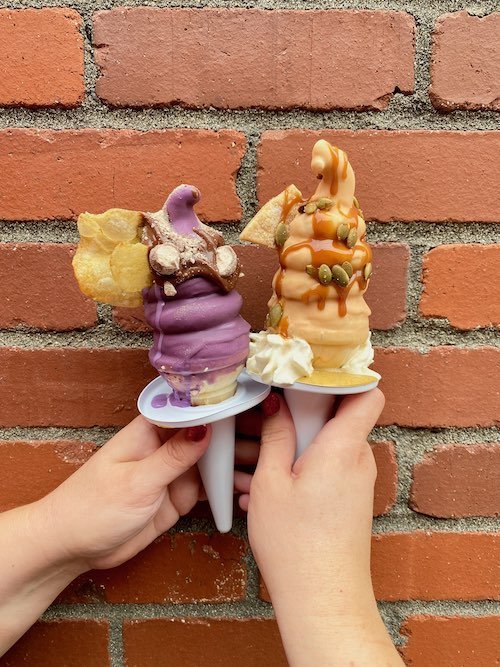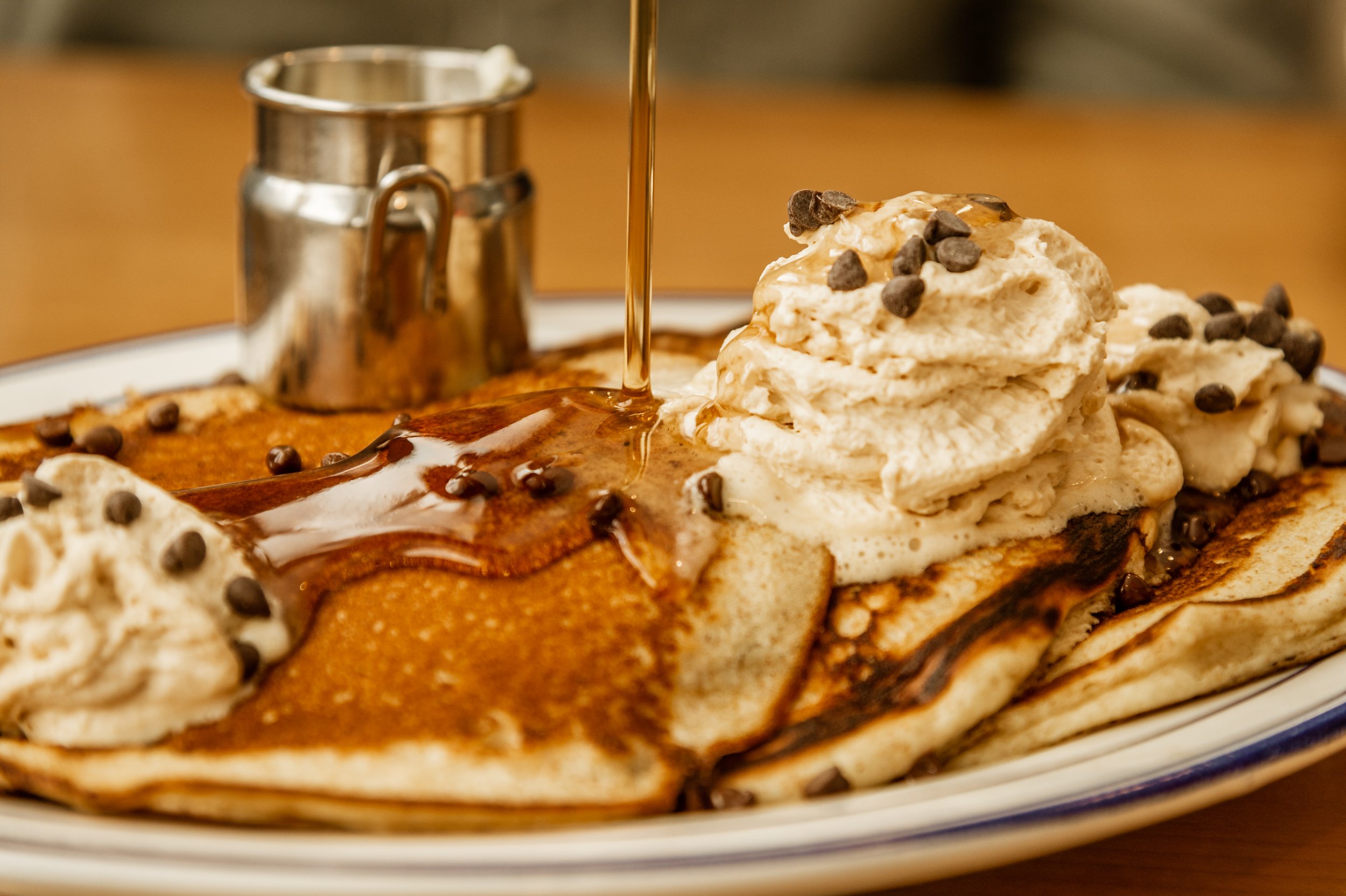Cassius Duvani: Reflections of a queer, black, trans Chef
Photos courtesy of Joscelyn DuVani
Cassius Duvani: Reflections of a Queer, Black, Trans Chef
INTERVIEW BY ALEX BARROUK WITH JOSCELYN DUVANICassius DuVani is a Black trans chef based in Seattle who hosts a series of ‘community-funded dinners for Black people, indigenous people and people of color’. Cassius seeks to foster inclusivity, acceptance and community with these dinners. Our contributor, Alex Barrouk, recently traveled to Seattle to experience one of these dinners and interview DuVani.
On the menu:
Watermelon salad with burnt scallion vinaigrette, cotija, shallots, confit serranos, mint, cilantro, lime zest, and aleppo.
Prawn ceviche with watermelon rind pico, avocado, cara cara oranges, salsa macha, fried plantains, red onions, and watermelon radishes.
Dungeness crab with spaghetti fermented chili and tomato sugo, anchovy lemon butter, and garlic herb bread crumbs.
Cinco leches cake with whipped pineapple & cinnamon creme fraiche, macerated strawberries, Mexican chocolate, and caramelized cornflakes.
“I ate a lot of spaghetti growing up. Classic spaghetti, chili spaghetti with mashed potatoes, you name it! I wanted to put a little twist on my childhood classics and bring elevation to it. One of my favorite things to make and eat is pasta. I find it very meditative, and you just can't beat fresh pasta and the smell of fresh pasta dough. I’m a lover of spice and bold flavors. Growing up, I've always loved eating spicy things, so this dish embraces that. It's not burning your lips spicy, but it will keep you warm and cozy.”
Can you tell us about fluidity in cooking, life, your personal journey, and how it redefines the gender orientation narrative?
I think that all aspects of food are fluid, I think that food is queer in the sense that it shouldn’t have to fit into a specific box or have a binary. Some chefs are like, “Don’t ever pair this ingredient with that.”
Says who? Especially if it has the potential to be fucking delicious. They restrict themselves to so many rules. Something I aim to bring with my cooking (and everything in life) is decolonization. I worked for over 12 years in the restaurant industry, which can be very toxic and mentally & physically draining. It's typically a white male-dominated industry (as most things in life are) where they often don’t challenge dominant narratives and power dynamics. Instead, they just want to continue to be dominant and have all the power. They aren’t uplifting marginalized voices but instead are just taking from them and their ideas and capitalizing on them. Decolonizing cooking, and everything in life, is an ongoing process that requires a continuous commitment to learning, reflecting, and challenging the existing power structures, binaries, and narratives in the culinary world. While redefining societal norms around gender identity and relationships, I strive to bring my perspectives and experiences into my culinary creations.
Cooking has always allowed me freedom of expression, especially when I have full autonomy, which has been very liberating. Just as queer identities embrace fluidity and non-conformity, as a queer chef, I embrace a fluid approach to cooking, transcending boundaries and categories. Through food, I am able to foster a sense of belonging, acceptance, and joy, breaking down barriers and building connections. I want to remind people that the beauty of food doesn’t only lie in its flavors but also in the stories and experiences behind it. Fluidity in my life has given me the power to challenge and deconstruct the cis heteronormative narratives and stereotypes in the culinary industry and in life overall.
What is the reality of being a Black trans person in America in 2023?
Where to even begin? It's honestly quite a loaded question. There are many days when I wake up and wonder if I am going to be next. It can feel like you are in a constant state of fight or flight and always keeping your head on a swivel. I really try to stay as present as possible, but the present can be terrifying. I sometimes feel like I am perceived as a triple threat by society, being a Black trans man. But I am not a threat, Black people are not a threat, and trans people are not a threat. We are not the threat. The actual threats to our lives are white supremacy, racism, discrimination and violence, limited legal protections, nearly 500 anti-trans laws and bills and counting in attempts to eradicate trans people, the healthcare disparities brought on by systemic racism, economic challenges, the list is never-ending. Due to the intersectionality of my identity, the compounded discrimination due to the effects of racism, transphobia, and sexism can be really heavy. Being Black and trans in America in 2023 means constantly grieving; every day, you are grieving someone new.
Trans people don’t just become trans, we always have been; these bills & laws will not stop us from being trans. Nothing will. We are human, just like you. But some people are out there treating literal robots with more empathy, compassion, respect, and humanization than trans people.
I really want to use this platform to emphasize the importance of how crucial it is to protect Black trans women and femmes. And it's not enough to just say, “Protect Black trans women” or “Black trans lives matter” You need to actively work towards dismantling the system that is killing us daily. Despite all that I endure within society, I have some privilege and will always use the little privilege I have to speak up for others who do not. Black trans women face intersecting and heightened forms of discrimination, violence, and marginalization. It is important and dire to dismantle the structures that perpetuate the violence against Black trans women and femmes and to protect and uplift them at all costs. Even with how hard society makes it to simply exist as a trans person, the reality is that trans people are sacred, magic, beautiful, and transcendent. We are not the ignorance you perceive from society or what you choose to believe. Trans people have always existed and always will.
What in your story led you to become an activist?
Numerous experiences in my life journey have led me to become an activist. If you exist on this planet, you have so many things to advocate for, how could you not? Look around; you don’t have to look very far. With the ceaseless occurrences of injustices, it is virtually impossible not to fight for something. I think I've always been an activist, and I just wasn’t necessarily aware of it.
Growing up as a Black queer kid, I endured a lot of racism and queerphobia. At the time, I wasn’t really aware of these things having an actual name or knowing that there was a reason for why these things were happening to me and where it all stemmed from, but looking back, it is so crystal clear. Historically, Black people have been subjected to systemic oppression, discrimination, and injustices for over 400 years. For as long as I can remember, I've always fought against oppression, I've always fought to liberate the people.
I often feel that I have lived many lives within this one lifetime. My dad was a professional soccer player growing up, so I traveled a lot as a kid. I went to a different school almost every year and was often one of the only Black people in my classes. I was privileged in the sense that I was fortunate to be able to travel around the world as a kid. I think that it taught me a lot at a young age, and I am very grateful to have had that experience. Within the same breath, I endured a lot of trauma as a kid, from sexual abuse, racism, my parent's divorce, internal racism growing up in a biracial family, being a Black queer person in America, both of my parents going to prison, my mom being an alcoholic, raising my younger siblings throughout my childhood, having times in my life where I didn’t know where I was going to sleep, all of these things have propelled me into the realm of being an activist. I’m an abolitionist I am fighting to abolish the systems that have created institutions of harm and continue to teach and allow people to perpetuate that harm.
Every day I wake up, and I imagine a new world. I encourage others to imagine exploring and creating a world that promotes and prioritizes the people, social justice, equity, equality, and community well-being. As an abolitionist, I refuse to believe that the current state of the world is all we will ever know. I refuse to believe that we will forever be oppressed. I know that a better world is possible. I am committed to fighting and dismantling the root causes of harm, calling out white supremacy, promoting restorative and transformative justice, and centering the voices of marginalized communities.
What are the community-funded dinners and why are they so important to you and to the community? How can people support them?
These community-funded dinners are a tool for liberation through a 4-course fine dining experience, particularly for marginalized communities. It's a form of resistance and promotes inclusivity, acceptance, and community.
The community-funded dinners we host are so important to me and, more importantly, the community as a whole because we really strive to cultivate a space of inclusivity. Safe spaces aren’t enough to change the world, especially when many of these “safe spaces” aren’t actually safe for people of color. When I walk into an establishment and see a sign that says “safe space on the door” but don’t see a single person wearing a mask in the midst of a pandemic, nor do I see a single Black person or person of color inside, I don’t feel safe. And that’s, unfortunately, the experience of being a Black person in Seattle about 90 percent of the time. In order to move forward, we don’t need fake allyship and empty promises of safety; instead, we need accountability to create more equitable and inclusive spaces within the community. These dinners are important because they offer an inclusive space for people of color to build community and offer an opportunity for white folks to step up and support us.
People always ask what they can do to support, and the answer is very simple: SUPPORT! Don’t just talk about it, be about it. When we say, “hey this is how you can support me” or “this is what supporting me looks like right now, " I want you to do exactly that. It's not a guessing game of how you think someone needs to be supported, it's listening to people when they tell you what they need, and then if you are able to show up in that way, do it, and if you aren’t able to support in that way ask them directly if there is something else that you can do to support. The community-funded dinners are intended to provide a night of relaxation, joy, and healing through food and community. We heal better with the community. America isn’t a community-based society, but we can be and we need community, especially during these times.
To book a dinner with Cassius or to support these community-funded dinners, visit @cduvani on Instagram

